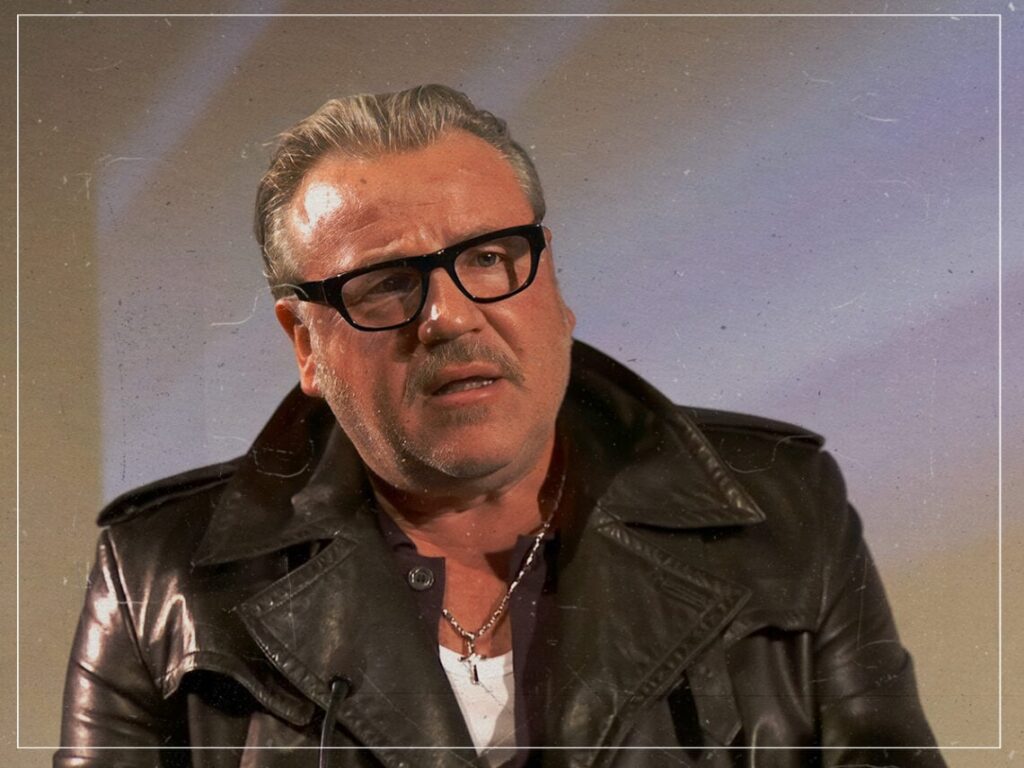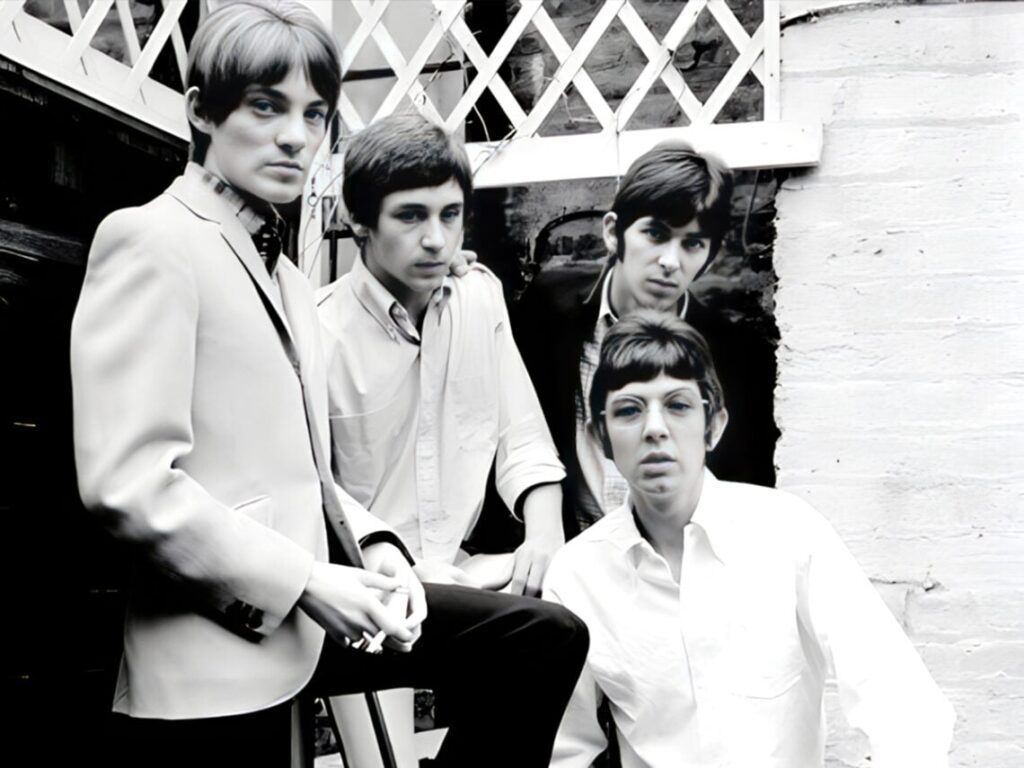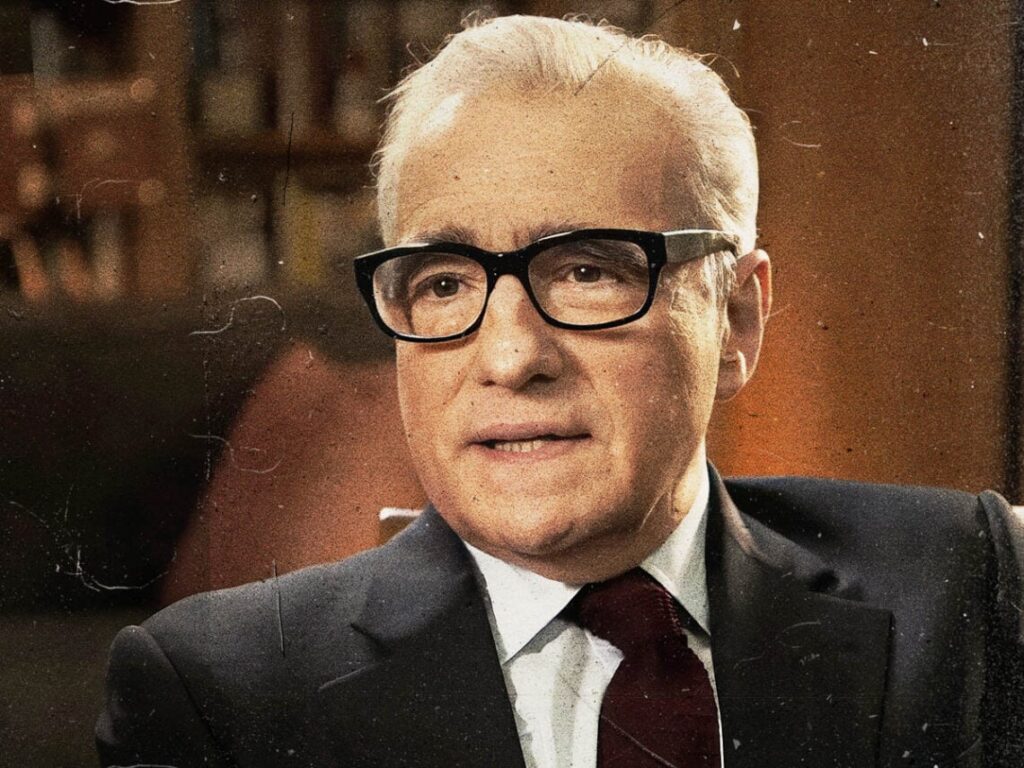Women's History Month Tribute: Eva Cassidy
 Posted On
Posted On
We were living the life in New York; I, slowly writing poems while my girlfriend, Diane Scanlon, played the clubs as a singer-songwriter. In 1993 a midtown publishing company executive turned off Diane’s tape in the middle of one of her newest songs and, shaking his head, passed. As she went down the elevator she remembered that Bruce Lundvall (Blue Note Records) had “great ears” and was in the same building; Bruce played the tape all the way through, loved the songs and had someone in mind, a lead singer from one of his other projects: Eva Cassidy.
Eva, born 1963, was one of four children from an artistic and musical family. Her short life of performing was mostly around Washington DC, but after her untimely death of melanoma in 1996, Cassidy became beloved all around the world. Her covers of “Over the Rainbow” and “Fields of Gold” are without peer, her voice extraordinary as she keeps the listener rapt in renditions of these ever-familiar songs as if never heard before.
Perhaps one of the reasons Cassidy was not immediately signed was her genre-defying repertoire; in Eva’s throat her disparate song choices left “branding” behind: “Songbird,” “Autumn Leaves,” “Imagine,” “Time After Time,” “What a Wonderful World,” “Ain’t No Sunshine,” “American Tune.” Cassidy pulled the simple thread of her voice right through the soul of each. But though her internal star kept her from being a diva, it also kept her from an ease of performing live. Shy and self-critical she was; however, when Eva stepped into the song, she held all the strings. And Cassidy cannot be unheard; to listen to her covers just once meant you could not hear the song any other way. As if the song had only her, and her unerring pitch, in mind.
At age 16 the mostly self-taught Eva was in high school bands, later playing at amusement parks and local music projects, and in early 1990 had her first official band. Eva developed a small loyal following, which was ever-common in those pre-internet, pre-streaming days. It was standard to be dependent on small clubs, your boy/girlfriend selling your CD at the entrance, hoping the R & D man would show up at the table you reserved for him for both sets. This was a sort of “Pay to Play” scenario, using your day-gig money to pay your side musicians to play the most popular night you could afford. For Eva, her version came on a now-iconic night in January 1996: She cashed in a small pension from her day job at a plant nursery to “rent” a club in DC, Blues Alley, along with some recording equipment, and filled it with friends, family, and fans. The live CD captured that night proved to be the foundation of Cassidy’s posthumous success, unparalleled, and global.
Did she know she was sick? Did she know she might have limited time left? In the end, Lundvall never did sign Cassidy (one of his big regrets). Eva and boyfriend Chris Biondo— along with bandmates Keith Grimes, Lenny Williams, Raice McLeod, manager Al Dale, and duet partner Chuck Brown, musician Grace Griffith and finally Bill Straw and Blix Street Records— made manifest how sometimes it’s a homegrown love affair between musicians, friends, fans, family that gets art to where it needs to go.
It is both heartbreaking but also typical of great art that is only posthumously known. In her afterlife Eva Cassidy became widely known; NPR’s Morning Edition and ABC’s Nightline devoted programs to Cassidy that following May (the response so strong it has been repeated multiple times). Articles came out in Billboard, Rolling Stone, People, and Entertainment Weekly. For the longest time, Amazon had her at the top five bestsellers, above even Dylan and Springsteen; her version of “Fields of Gold” accompanied Michelle Kwan at the 2002 Olympics, while news correspondents would night-listen as they covered the Bosnian war and from other faraway places. And all this kept, and keeps, Eva flowing the 20th to 21st century through each permutation of music distribution, alongside more than one documentary, a possible life-story film, and perhaps more tracks to be found and released.
On Diane’s wall are Eva’s gold and platinum records from the Cassidy phenomenon. Diane’s two songs, “I Know You by Heart” and “Time is a Healer,” were the only unknown songs on Eva’s first studio album. Six times platinum in England, Songbird easily passed the one-million sales mark in the U.S. and was certified platinum in 2008, and with each new generation, her reach continues. Among her diverse fans are Adele, Sting, Eric Clapton, Paul McCartney, Roseanne Cash. No pyro-technics in the recordings she left us with; simple in instrumentation and production, her interpretations were neither new, nor theatrical, nor innovative—just songs she loved. A few songful notes handed from one fan to the other, which will not stop no matter the age or heart. She just wanted to sing.
Sophie Cabot Black is the author of three poetry collections and lives in New York and New England.


